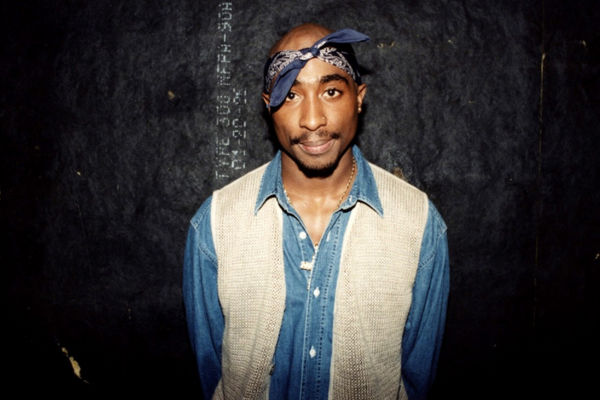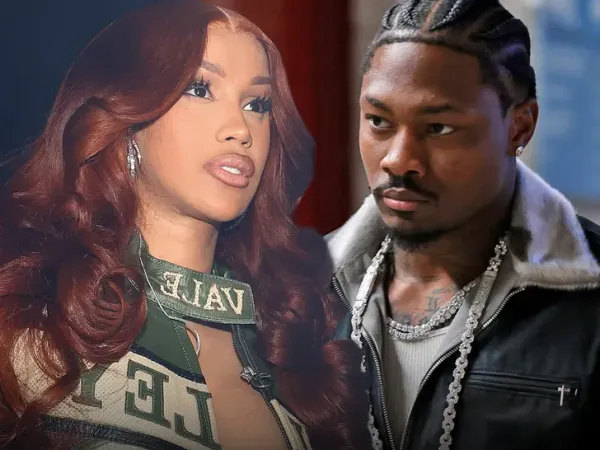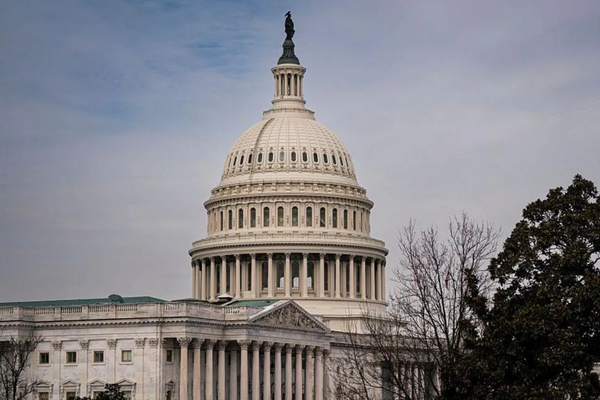The swift rise of artificial intelligence has ushered in a new—and increasingly divisive—chapter for pop culture.
This includes AI-generated videos that recreate the likeness of celebrities, both living and long gone. One recent viral example shows the late 2Pac casually shopping at a Target. This scene is so eerily lifelike that it’s both fascinating and deeply unsettling.
While many marvel at the technology, others see it as crossing a moral threshold. They argue that reviving public figures without consent is done for entertainment’s sake.
The video, which depicts 2Pac chatting with fans, has left viewers unsettled by how easily AI can mimic human nuance. Social media quickly lit up with concern over the potential for misinformation. “I know some auntie on Facebook fell for this video saying PAC is alive… AI is scary man,” one commenter wrote. This summed up the unease rippling through online communities. Another warned, “AI is really getting out of hand. I guess people aren’t gonna care until crimes are being committed and assigned to the wrong individuals using AI but whatever, smh.”
Beyond the shock factor, legal and ethical questions loom large. Some users pointed to past reports that 2Pac’s estate considered suing artists.
They mentioned artists like Drake for allegedly using AI-generated imitations of his voice. “And his estate should sue them just like they sued Drake,” one viewer said.
This echoed a broader call for safeguards to protect the legacies of deceased artists in an era when their images—and even their voices—can be artificially revived.
The Broader Impact: Kobe Bryant and Beyond
2Pac isn’t the only cultural icon to receive a digital resurrection. A separate clip showing Kobe Bryant playing a recent version of NBA 2K has sparked similar outrage and reflection. For many, these simulated moments blur the boundary between tribute and exploitation. Even Snoop Dogg pushed back against an AI-generated song featuring 2Pac. He said, “I don’t know about an AI song with 2Pac because to me it ain’t real when I got real records with him.” He emphasized that authenticity—born from shared history and creative collaboration—cannot be replicated by code.
As AI continues to shape entertainment, it’s forcing uncomfortable questions about authenticity, ownership, and consent. The technology promises innovation, but it also threatens to warp collective memory. It endangers the meaning of legacy. For artists—past and present—the stakes have never been higher. Whether these digital recreations are viewed as homage or exploitation may depend on how responsibly they’re used.







